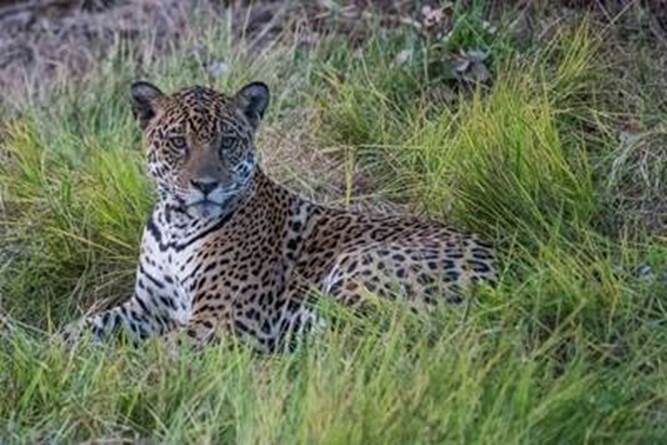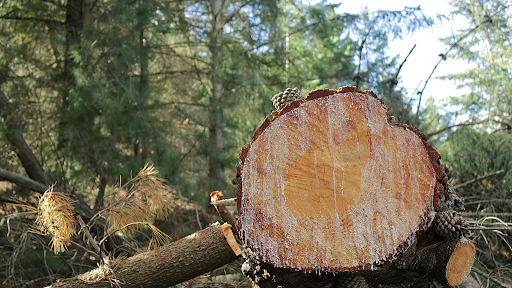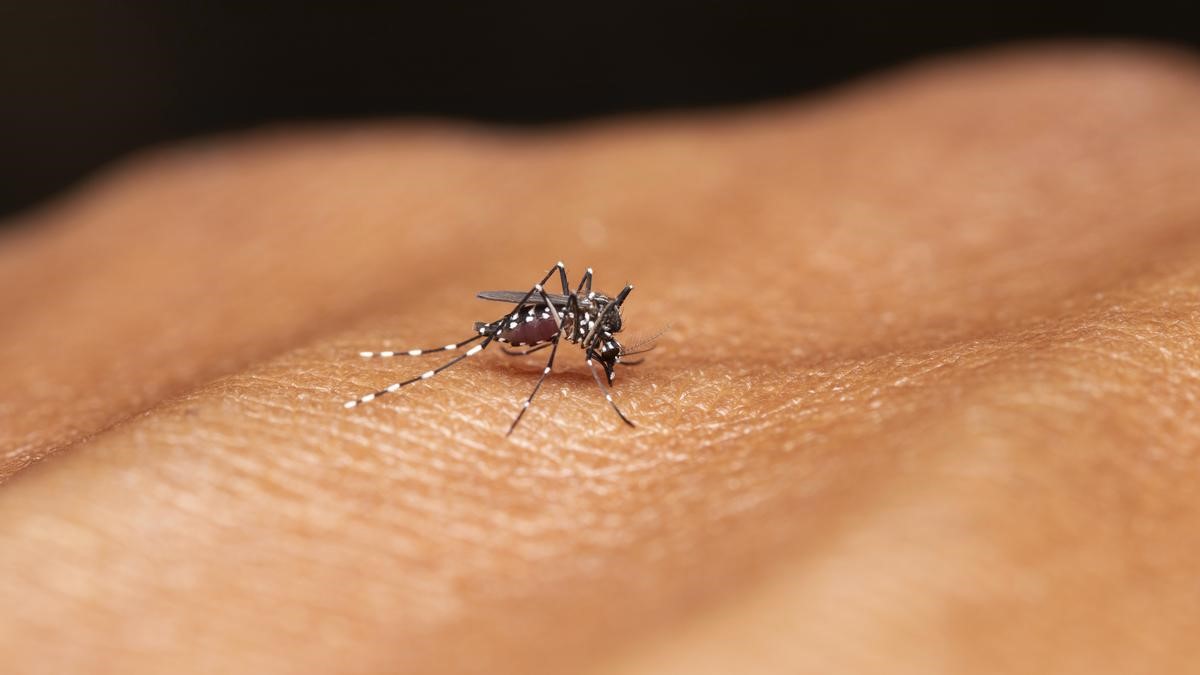Description

Copyright infringement is not intended
Context: The National Zoological Park, New Delhi (Delhi Zoo) celebrated the International Jaguar Day
Details:
About International Jaguar Day:
- International Jaguar Day was created to raise awareness about the increasing threats facing the jaguar and the critical conservation efforts ensuring its survival.
- Observed annually on November 29, International Jaguar Day celebrates the Americas’ largest wild cat as an umbrella species for biodiversity conservation and an icon for sustainable development and the centuries-old cultural heritage of Central and South America.
- International Jaguar Day also represent the collective voice of jaguar range countries, in collaboration with national and international partners, to draw attention to the need to conserve jaguar corridors and their habitats as part of broader efforts to achieve the United Nation’s Sustainable Development Goals.
NCERT BOOK - https://www.iasgyan.in/ig-uploads/images/ncert_amazon_(1).jpg
Jaguar in the wild:
- This is the third largest Cat Predator of the World and an important species of Amazon Rainforest.
- Jaguars (Panthera onca) are often mistaken for leopards, but can be differentiated due to the spots within the rosettes on their coats.
- While many cats avoid water, jaguars are great swimmers, and have even been known to swim the Panama Canal.
- Jaguar(Panthera Onca)
- Size: 50-110 kg | Status: Near Threatened
- The largest cat in the Americas, the Jaguar has the strongest bite force of all wild cats, enabling it to bite directly through the skull of its prey.
- Melanistic (black) Jaguars are common and are often called black panthers.
- Jaguar was a powerful motif in the Mayan and Aztec civilisations.
https://pib.gov.in/PressReleasePage.aspx?PRID=1879835












